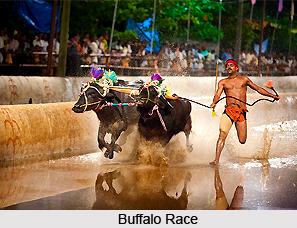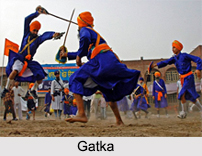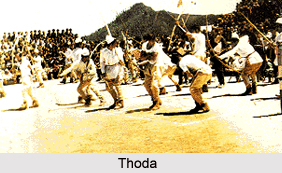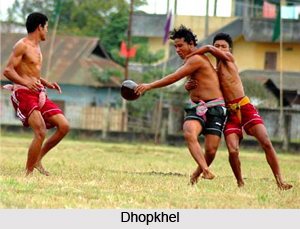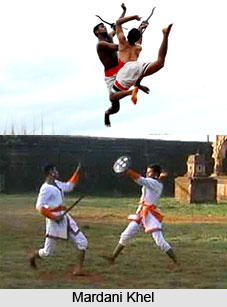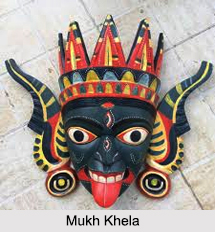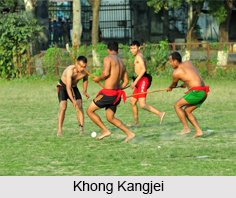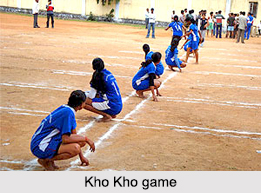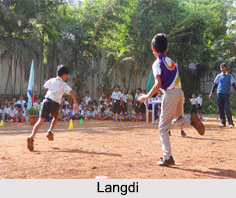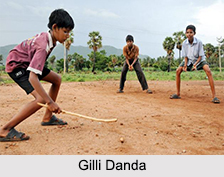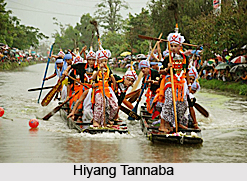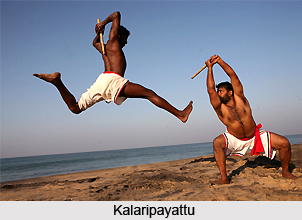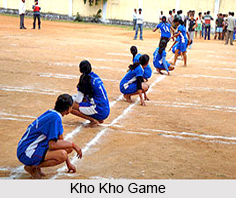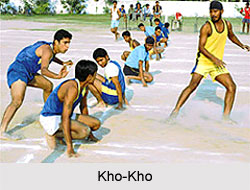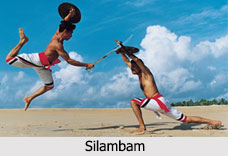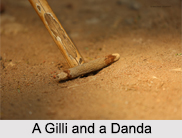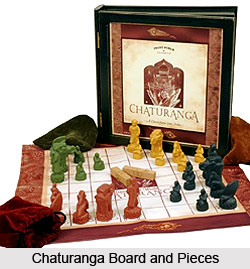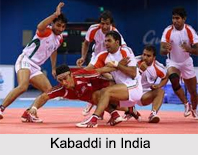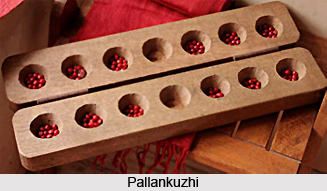 Pallankuzhi is a traditional board game of Tamil Nadu, which is mainly played by the women of Tamil Nadu. It is generally played by those South Indian women of lower economic strata, who hardly find any leisure time for entertainment.
Pallankuzhi is a traditional board game of Tamil Nadu, which is mainly played by the women of Tamil Nadu. It is generally played by those South Indian women of lower economic strata, who hardly find any leisure time for entertainment.
The lower income group of women needs to run to the fields or the factories in the early morning and coming back home in the evening they need to take care of their home and children. In the same way, the middle-income groups have to take care of household activities and earn some money too. So, these women hardly get any time for any game. But amidst all the responsibilities and regular household works, some women find out some time for amusement. They cannot afford to visit the recreation clubs to play chess, tennis, etc but they play few indoor games like the common board games, tayakattam, adupidiyattam and pallankuzhi. The female domination in the pallankuzhi game is yet unknown. There are different types of boards in the `Pallankuzhi` game. These are:
Board A:
The word `Pallankuzhi` itself means a game of many pits, where the term `pal` means many and `kuzhi` means pit. A pitted wooden board is required to play the game. This board generally contains seven pits on each side. The board should be of rectangular in shape and sometimes like the shape of a fish and foldable. There are two rows of seven pits in the centre place. The two longer pits are made so as to keep the coins of the players of each side.
Board B:
In this type of board of the `Pallankuzhi` game, the pits are placed a little differently. But the rules of the game remain the same. This board is devised in a way that each player would have seven pits and another longer pit will be used to keep the remaining coins.
Board C:
This type of board is used in the Kanyakumari region. This Pallankuzhi board is designed in a triangular shape, so that three people can play with five pits each. All the three sides of the triangle have five pits each for all the three players. The board is designed very nicely and is not a common type of board.
Board D:
This is a very rare type of board used in the Pallankuzhi game. It has ten pits on each side. This board consists of twenty pits, so that even four people can play with five pits each. There are two big pits in the centre to keep the remaining coins.
The actual Pallankuzhi game is played with `made` board. But, most of the rural people are unable to afford a `made; board. Hence the poor women of Tamil Nadu viullages play the game during their lunch break by making pits in the sand and use small pieces of sticks or stones as game pieces. As the lunch break is over, the women leave their temporary Pallankuzhi board and coins and start again their work. From this the simple nature of the game and its availability to the poorer section of women can be assumed.
The Muslim community of the Tirunelveli region of southern Tamil Nadu plays this Pallankuzhi board game on the fifth day after the marriage by using twenty five paisa coins in the pits. The bride`s parents provide those coins to both the parties playing the Pallankuzhi as per their custom. The socio-economic aspect of that group can also be assumed from it. Earlier, when the child marriage was practiced, the bride and groom used to play the Pallankuzhi board game. The game is usually playing during the daytime. It is believed to be very inauspicious to play the game at night.
There are many types of games played in Pallankuzhi. The board of this game is generally made of wood but the metal and ivory boards are also used. The quality of the game pieces range from tamarind seeds to precious stones, according to the economic status of the players. Generally pebbles, small sticks, seeds of tamarind, cowries, chunks, semi precious stones etc are used to play the Pallankuzhi game.
Pallankuzhi game is also played in some other states of Southern India such as in Andhra Pradesh, Karnataka and Kerala. It is also played in some parts of North India. The game is played with local variations.
